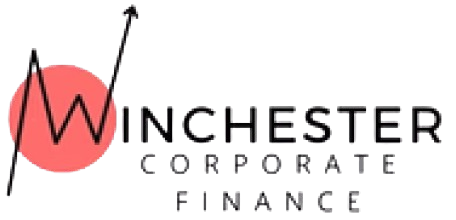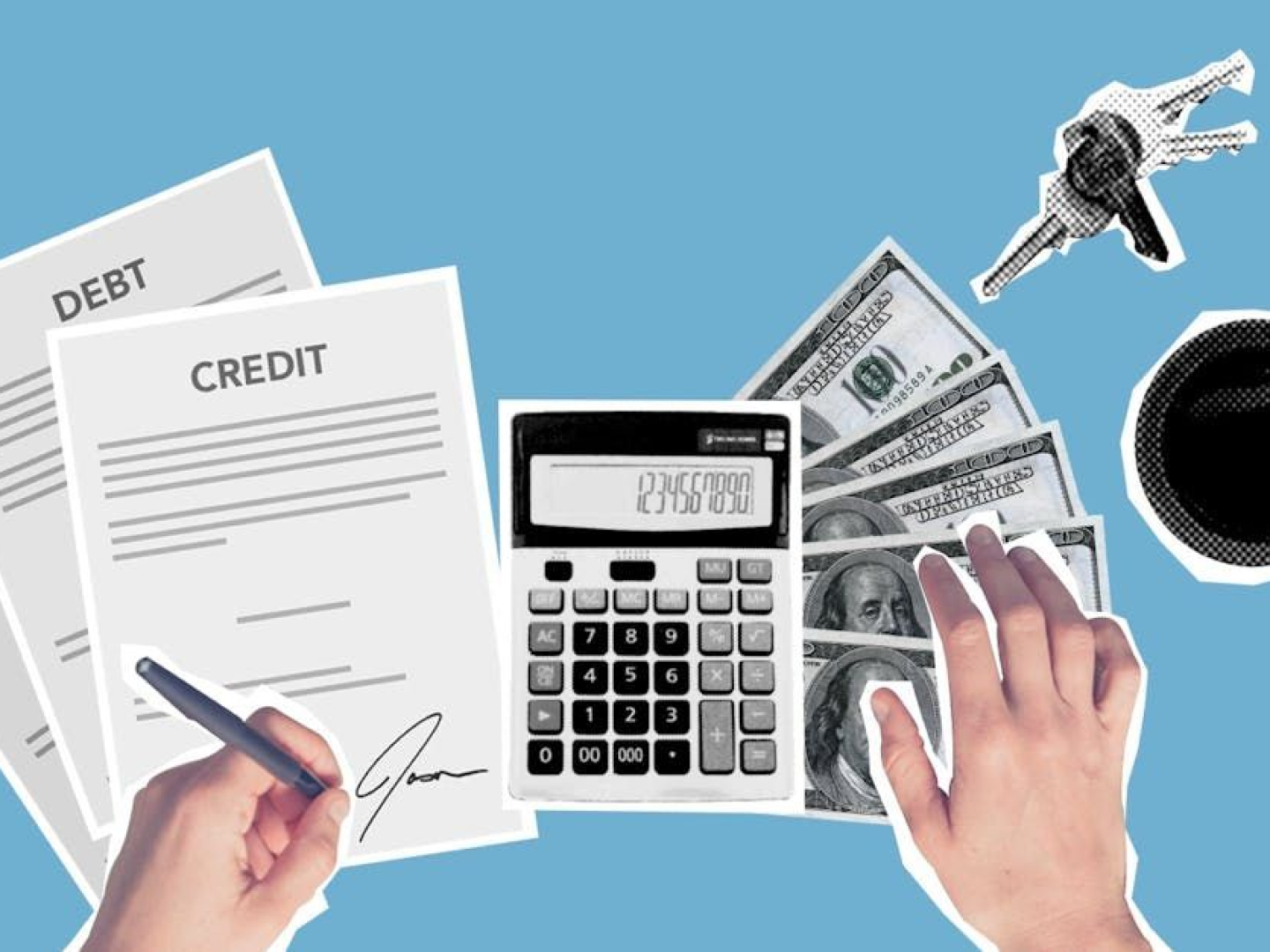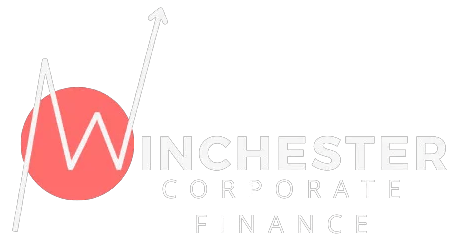What Is Invoice Finance?

Invoice finance is a solution that unlocks cash tied up due to outstanding customer invoices. This financial solution is a fast, flexible funding option available for businesses of all sizes. Invoice finance is a quick, convenient, and asset-backed solution that ensures that you are paid faster for work that has been completed.
How Does Invoice Finance Work?
Typically, unpaid customer invoices are an indication of the money that is owed to your business, and then to the invoice finance lender. Instead of waiting for the customer to settle their invoice, the invoice finance lender will buy their invoices at a discounted rate, advancing up to 95% of the value upfront, usually within 24 hours. The benefits of this are that it will help you avoid the usual payment terms, and help you receive payment for work more or less immediately.
So what changes? Nothing. The way you invoice clients doesn’t need to change when you choose invoice financing. Business carried on as usual, invoicing customers for completed work and sending the invoice details to the invoice finance lender.
Depending on the type of invoice finance you use, credit control and chasing payments can be handled by the lender, or yourself. The final installment will be paid to you by the lender, on receipt of the customer’s payment, minus any fees and service charges.
What Is Invoice Finance Factoring?
Invoice finance factoring is a type of finance where a business “sells” its outstanding invoices to a third party, in exchange for immediate payment – typically 80-90% of the invoice value, with the third party handling the collection of the full invoice amount from the customer.
The benefits of this process are that it improves your cash flow and revenue stability. However, the cost, high fees, and interest charges make it an expensive financial solution.
Are There Different Types Of Invoice Finance?
Yes, there are multiple types of invoice finance. We have created a comprehensive list of the options that are available below:
Recourse & Non-Recourse Financing
Recourse Finance
Recourse financing means that your business would receive no bad debt protection. For example:
- If a debtor pays too late or fails to pay the invoice, your business would be liable to repay the full invoice advance value, including additional fees. There is an increased risk as your business will be required to buy back any unpaid bills.
Non-Recourse Finance
Non-recourse invoice financing means that your business will be given protection against debt. The increased risk lies with the lender, although your business has been safeguarded from the bad debt risk.
Industry-Specific Invoice Finance
As invoice financing is used by companies that invoice other businesses for goods and services, certain industries heavily rely on invoicing. Finance facility providers have developed specific invoice financing for industries, such as:
- Recruitment
- Creative sectors
- Construction

Advantages & Disadvantages Of Invoice Finance
Here at Winchestercf, we have detailed information on all financial options that will support your final decision.
The Advantages of Invoice Finance
- Accelerate Cash Flow: Access funds weeks or months before invoice payments are due without overstretching working capital.
- Flexible Options: Includes invoice factoring, discounting, and selective invoice finance.
- B2B Solution: Invoice financing is ideal for businesses invoicing other companies for goods or services.
The Disadvantages of Invoice Finance
- Requirements: Businesses must trade via invoicing other businesses for products and services. It must be a UK-registered company with an annual turnover of at least £100,000, and trading for a minimum of 4 months.
- Control: Selling invoices means your business is losing control over invoice collections.
- Additional fees: Invoice financing charges additional fees.
How To Get Invoice Finance
If you qualify for invoice financing, you can speak to our professional team at Winchestercf who will give you expert advice and provide you with support throughout the process.

How Much Is Invoice Finance?
This is dependent on your financial situation, business, and choice of invoice financing. You can speak to our professional team at Wincestercf to talk about options now.
Are There Additional Fees?
Yes. Rates and fees usually range between 1-5% of the invoice value. These additional charges may vary based on the volume and value of invoices processed monthly. Those who deal with a small number of high-value invoices often receive competitive rates compared to those who handle numerous low-value invoices.
Various factors impact the cost of invoice financing, such as:
- Business type
- Customer creditworthiness
- Invoice volume
- Value
- Invoice finance facility
Service charges or standing charges may apply – these range between 0.5% to 3% of your annual turnover. These cover administrative tasks related to your business accounts, such as credit collection and management.
The Conclusion - Everything You Need To Know About Invoice Finance
Now that you understand what Invoice Finance is, the different invoicing financing options, and additional fees, you can begin your query with Winchestercf – we are here to support you.








